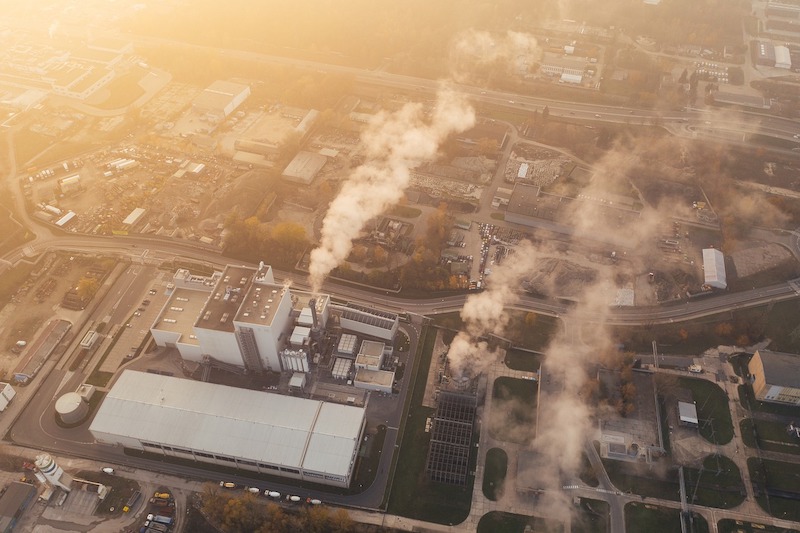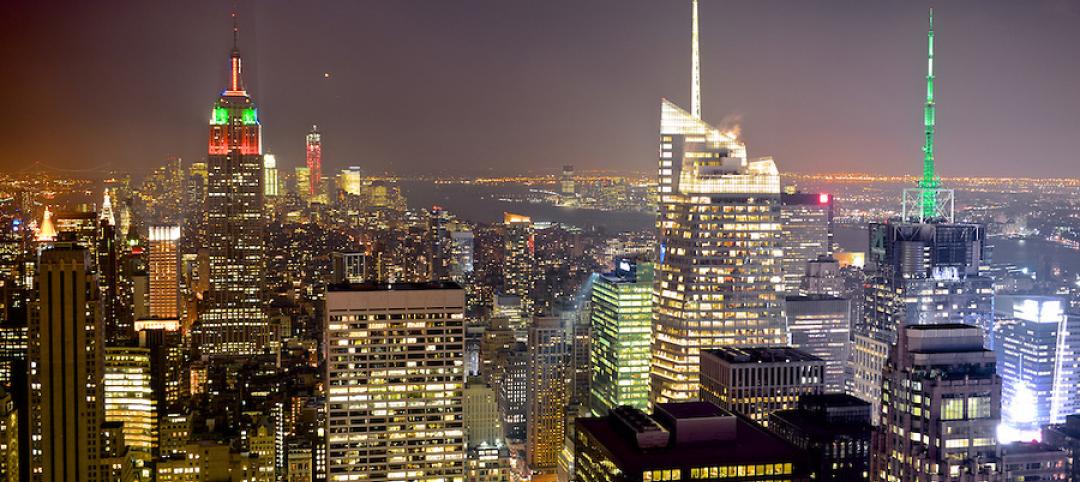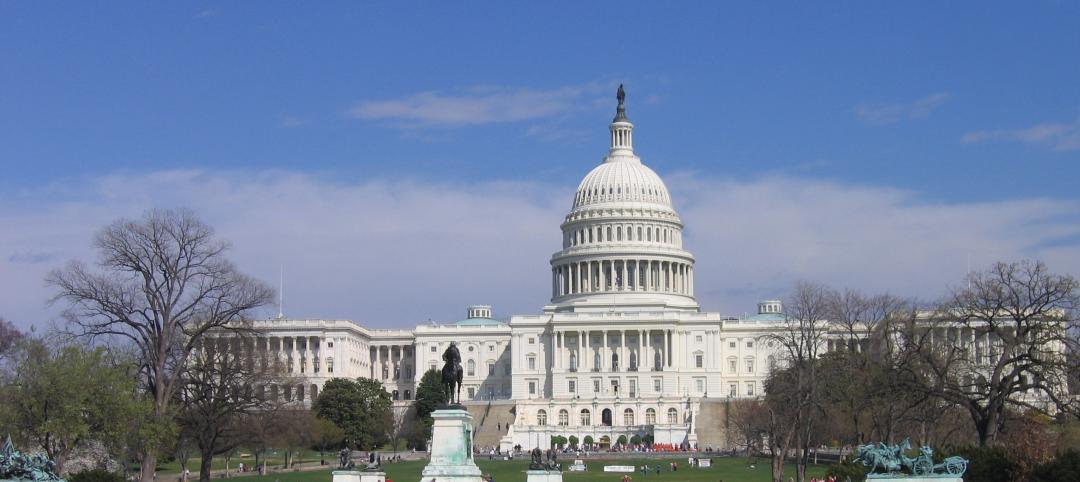State and municipal building standards aimed at driving building energy performance and reducing carbon emissions have teeth and will force building owners to retrofit their properties.
Three U.S. cities (Washington D.C., New York, and St. Louis) and Washington State have legislation on the books that created building performance standards. These policies include continuous improvement, with the standards getting increasingly more stringent over time.
In New York, the performance standard is a carbon emissions limit that begins in 2024. Building owners in New York face fines if they do not reach that limit by 2024.
In Washington D.C., the performance standard revolves around energy efficiency improvement, with the 2021 standard set at the local median Energy Star Score by property type. If the building does not meet the standard, it enters a five-year compliance cycle in which the building must reduce its energy intensity by 20%. The D.C. standards will be recalculated every six years.
Facility managers at any location could check where their building would fall under Washington D.C.’s standards or New York’s carbon limits to gauge how well the building is performing, and how much improvement might be required. Making improvements better positions the building to meet future standards while saving money on energy spending.
Related Stories
| Dec 13, 2012
New OSHA initiatives on tap at AGC safety and health conference
More than 150 industry professionals will discuss the development of regulatory and legislative activity on national and local levels at the Associated General Contractors of America’s health and safety conference.
| Dec 13, 2012
So-called fiscal cliff is already affecting construction jobs, AGC finds
In November, the construction industry shed 20,000 jobs and its unemployment rate reached 12.2%, according to an analysis by the Associated General Contractors of America.
| Dec 13, 2012
New York City poised to enact recycling mandate for multi-family dwellings
New York City lags behind other large cities in recycling with only 15% of residential trash being recycled. A new bill passed by the City Council aims to improve the rate by changing how new apartment buildings are constructed.
| Dec 13, 2012
Pima County, Ariz. officials say improved code enforcement scores will help lower insurance bills
Insurance Service Office, Inc. (ISO) recently analyzed building codes and enforcement and found that Pima County, Ariz., consistently outscored comparable jurisdictions in Arizona and the nation.
| Dec 13, 2012
D.C. aims to be a green leader with new building codes
The District of Columbia has released a revised set of building codes to make it a leader in green construction.
| Dec 7, 2012
Georgia court limits contractors’ ability to foreclose on liens
The Georgia Court of Appeals ruled in 182 Tenth, LLC v. Manhattan Construction Company that lien claimants such as contractors, subcontractors, and materialmen, may not foreclose on a lien that includes unpaid general condition costs.
| Dec 7, 2012
San Francisco real estate records will include ‘green labels’
Ecologically-sustainable building practices, or “green labels,” will now be included on official land records maintained by San Francisco.
| Dec 7, 2012
Tokyo’s Green Building Program has reduced power consumption by 20%
Tokyo city officials calculate that its Green Building Program reduced energy consumption by 20% since its inception, a statistic they identify as the reason the power stayed on during the 2011 earthquake.
| Dec 7, 2012
New flexible options make achieving LEED certification easier on projects outside the US
A new set of Global Alternative Compliance Paths, or Global ACPs, are now available for all commercial projects pursuing LEED green building certification using the 2009 versions of the rating systems.
















